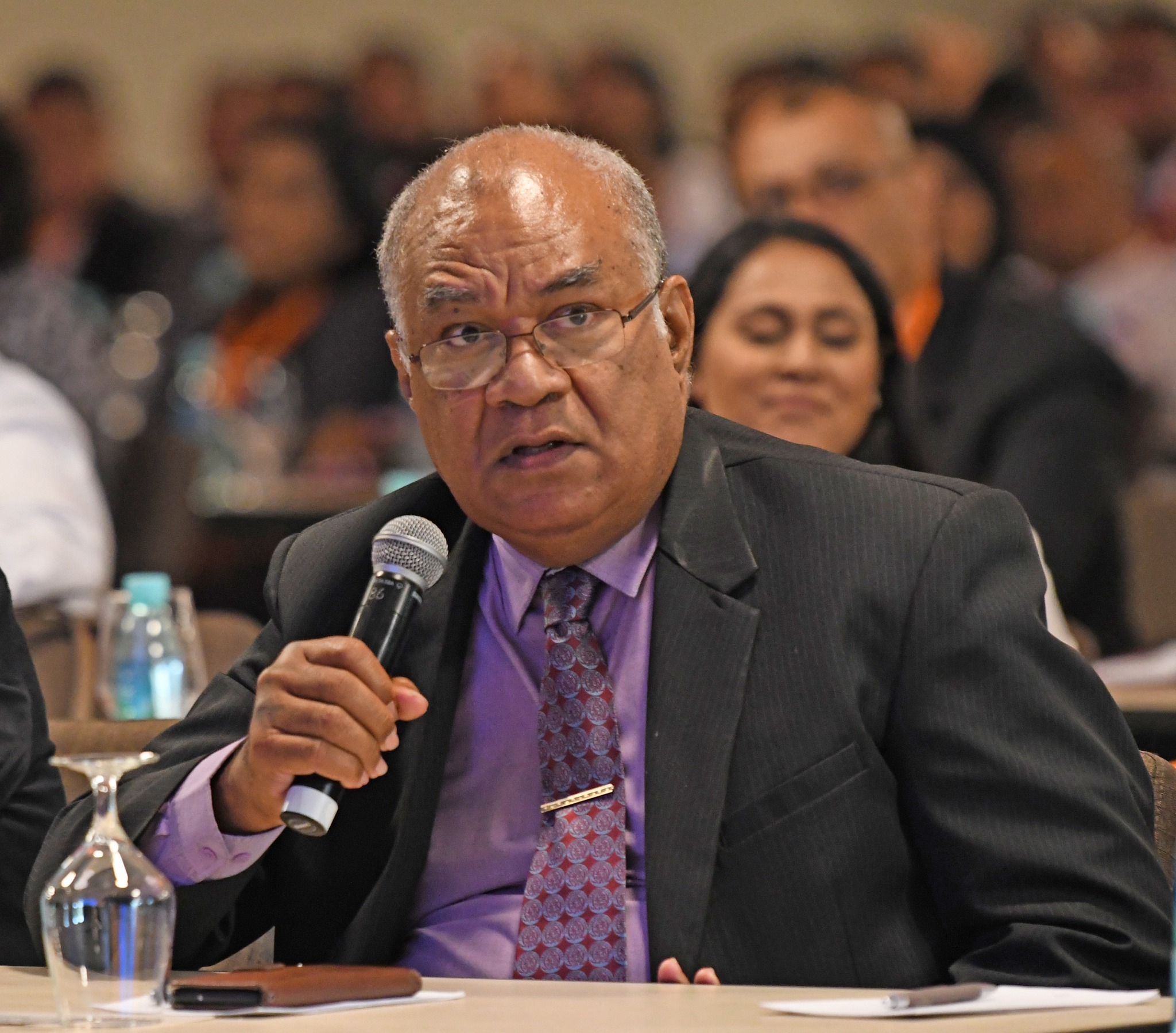CHIEF Justice Salesi Temo has given his reasons for refusing to grant former PM Voreqe Bainimarama and former police commissioner Sitiveni Qiliho’s recusal application.
Justice Temo denied the men’s application for the chief justice to recuse himself from presiding over their appeal sentencing case on May 2 last year.
Mr Bainimarama was found guilty of one count of attempting to pervert the course of justice in the University of the South Pacific case, while Qiliho was found guilty of one count of abuse of office.
On April 18 last year, the men filed a summons supported by Qiliho’s affidavit asking that Justice Temo recuse himself from hearing the DPP’s appeal against Magistrate Seini Puamau’s sentencing of the pair imposed on March 28 that same year.
Ms Puamau had granted Mr Bainimarama an absolute discharge under section 15 (1) (j) of the Sentencing and Penalties Act 2009 and fined Qiliho $1500.
Not happy with Ms Puamau’s sentencing, the State filed its petition of appeal at 10.30am on May 2 last year; it was during the timetabling of the appeal hearing that exchanges were made in the courtroom that gave rise to the recusal application.
The men’s lawyer, Devanesh Sharma, submitted that the comments made from the court on April 3 about Ms Puamau’s sentence were enough to suspect or apprehend bias on the part of the court.
One of Mr Sharma’s complaints was the CJ labelling Ms Puamau’s sentence as “an invalid sentence”.
The comment, to the defence, seemed to show the High Court had already prejudged the appeal hearing even before hearing the same.
At the end of the hearing on May 2, Justice Temo dismissed the recusal application and said the written reasons would be given later on notice.
According to his ruling delivered on April 28, the court had carefully looked at and analysed the men’s verbal submission on May 2 as recorded in the court transcripts from pages 1-29.
The court also examined the court transcripts from pages 1-9 of the April 3 proceedings.
Mr Sharma commented on the court’s intention to initiate contempt of court proceedings against Ms Puamau for disobeying its conviction orders on March 28, 2024.
“Furthermore, the complaint that the High Court cannot hear the appeal on sentencing since it originally found the two applicants guilty as charged and convicted them accordingly on the Magistrates Court’s acquittal decision, was somewhat misleading and misconceived,” stated CJ in his reasoning.
“It was well settled in practice and law in the Magistrates Court and High Court that the court finds an accused guilty as charged on a criminal charge and enters a conviction accordingly, the court that had to deal with the ultimate sentencing of the accused.
“That was what occurred in this case, and for it to be used as a ground to establish bias on the part of the judge was wholly misconceived.”
Justice Temo said the application for his recusal demonstrated a lack of understanding and appreciation of what appellate judges went through when writing their judgments.
“After reading all the papers submitted by the parties, hearing them in court while they make their case and submissions, and after thorough research, the judge’s minds are not closed until they put pen to paper.
“And this may be so after numerous drafts.”



